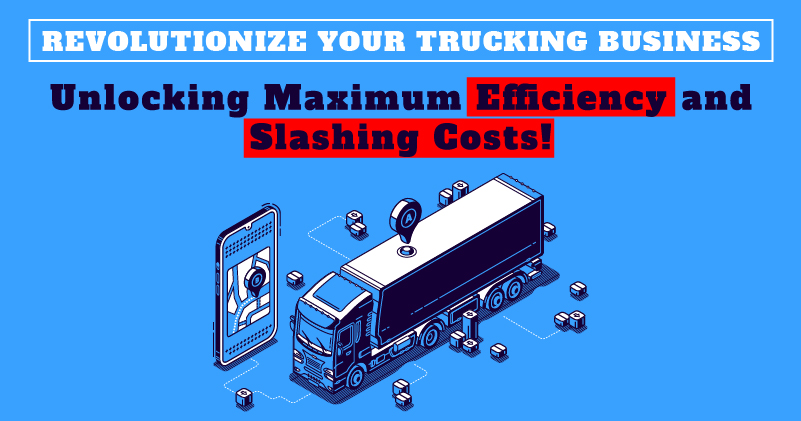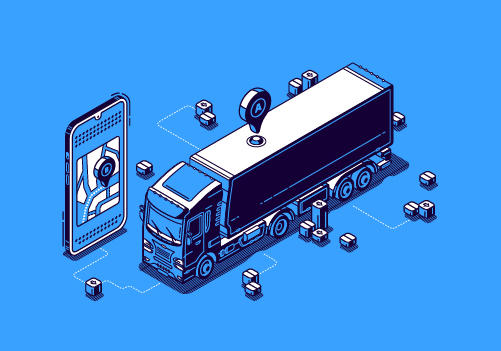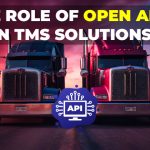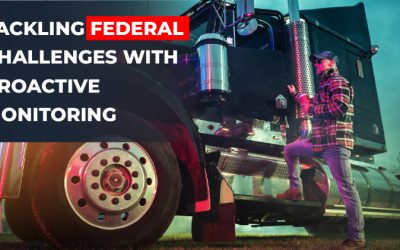
The trucking industry plays a vital role in global transportation, facilitating the movement of goods and materials across vast distances. However, with increasing competition, rising fuel costs, and regulatory pressures, maximizing efficiency and reducing costs have become critical concerns for trucking companies. By implementing strategic measures and leveraging innovative technologies, businesses in the industry can optimize their operations and improve their bottom line.
In this blog post, we will explore the trucking industry’s challenges and delve into strategies for maximizing efficiency. We will also discuss cost-saving initiatives that can significantly impact a company’s profitability. Additionally, we will examine the role of data analytics and automation in streamlining operations and addressing regulatory and compliance challenges. Finally, we will showcase success stories and highlight the potential future advancements in the industry.
By the end of this blog post, you will have a comprehensive understanding of the various approaches and tools available to trucking companies to enhance efficiency, reduce costs, and remain competitive in an ever-evolving industry. Let’s dive in!
Understanding the Challenges in the Trucking Industry
The trucking industry faces several significant challenges that impact its efficiency and cost structure. Companies can develop targeted strategies to optimize their operations by identifying and addressing these challenges. Let’s take a closer look at some of the key challenges:
Rising fuel costs and their impact on operational expenses:
- Fluctuating fuel prices can significantly affect a trucking company’s profitability.
- Fuel accounts for a substantial portion of operational expenses, making it crucial to find ways to mitigate its impact.
- Volatile fuel costs necessitate innovative solutions to improve fuel efficiency and reduce consumption.
Increasing competition and the need for cost optimization:
- The trucking industry is highly competitive, with numerous players vying for market share.
- To remain competitive, companies must optimize costs while maintaining service quality.
- Cost optimization initiatives can provide a competitive edge, attracting customers and improving profitability.
Driver shortage and its implications on efficiency and costs:
- The industry needs more qualified truck drivers, which affects overall operational efficiency.
- Driver shortage leads to increased labor costs, delays in delivery, and potential customer dissatisfaction.
- Finding strategies to attract and retain skilled drivers is crucial for mitigating these challenges.
Environmental regulations and sustainability concerns:
- Regulatory authorities are imposing stricter environmental standards on the trucking industry.
- Compliance with emissions regulations requires investment in cleaner technologies and fuels.
- Adopting sustainable practices helps meet regulatory requirements and enhances the company’s reputation and customer appeal.

Strategies for Maximizing Efficiency
- Utilize advanced route planning and optimization software to reduce mileage and fuel consumption.
- Integrate real-time traffic data for dynamic routing to avoid congestion and optimize delivery routes.
- Implement vehicle telematics and fleet management systems to monitor fuel usage, optimize maintenance, and track driver behavior.
- Adopt intermodal transportation for long-haul routes to leverage cost savings and improve efficiency by combining multiple transportation modes.
These strategies enable trucking companies to enhance operational efficiency, reduce fuel consumption, and optimize resources. In the next section, we will explore specific initiatives to reduce costs in the trucking industry.
Reducing Costs in the Trucking Industry
- Implement fuel-saving technologies like alternative fuels and aerodynamic enhancements.
- Optimize load consolidation and backhauling to minimize empty miles and increase revenue.
- Improve driver training and retention to enhance fuel efficiency and reduce recruitment costs.
These initiatives help trucking companies reduce fuel expenses, increase revenue, and minimize recruitment and training costs. Next, we will explore the role of data analytics and automation in streamlining operations and reducing costs in the industry.
Leveraging Data Analytics and Automation
- Utilize big data analytics to identify cost-saving opportunities and optimize operations.
- Apply predictive analytics for demand forecasting and proactive resource allocation.
- Embrace automation technologies to streamline processes and reduce manual work.
Trucking companies can gain operational insights, make data-driven decisions, and optimize efficiency by leveraging data analytics and automation. Next, we will address the regulatory and compliance challenges in the industry.
Conclusion
Maximizing efficiency and reducing costs are paramount for trucking companies in today’s competitive landscape. Businesses can optimize their operations and improve their bottom line by implementing strategic measures and leveraging advanced technologies. Throughout this blog post, we explored various strategies for achieving these objectives.
One crucial tool in the trucking industry is Transportation Management Systems (TMS), with digital capabilities. TMS-Digital solutions offer numerous benefits that help maximize efficiency, streamline operations, and cut costs. Companies can automate and optimize tasks such as route planning, load optimization, and real-time visibility by utilizing TMS-Digital. This technology enables better resource allocation, reduces manual work, and improves operational efficiency.
In summary, trucking companies can overcome challenges, reduce costs, and improve efficiency in their operations by adopting strategies such as utilizing advanced route planning, implementing vehicle telematics, exploring intermodal transportation, and leveraging data analytics and automation.
Contact us today to discover how TMS-Digital can revolutionize your trucking operations and help you achieve unprecedented efficiency and cost savings. Let us help you stay ahead in the ever-evolving trucking industry.







